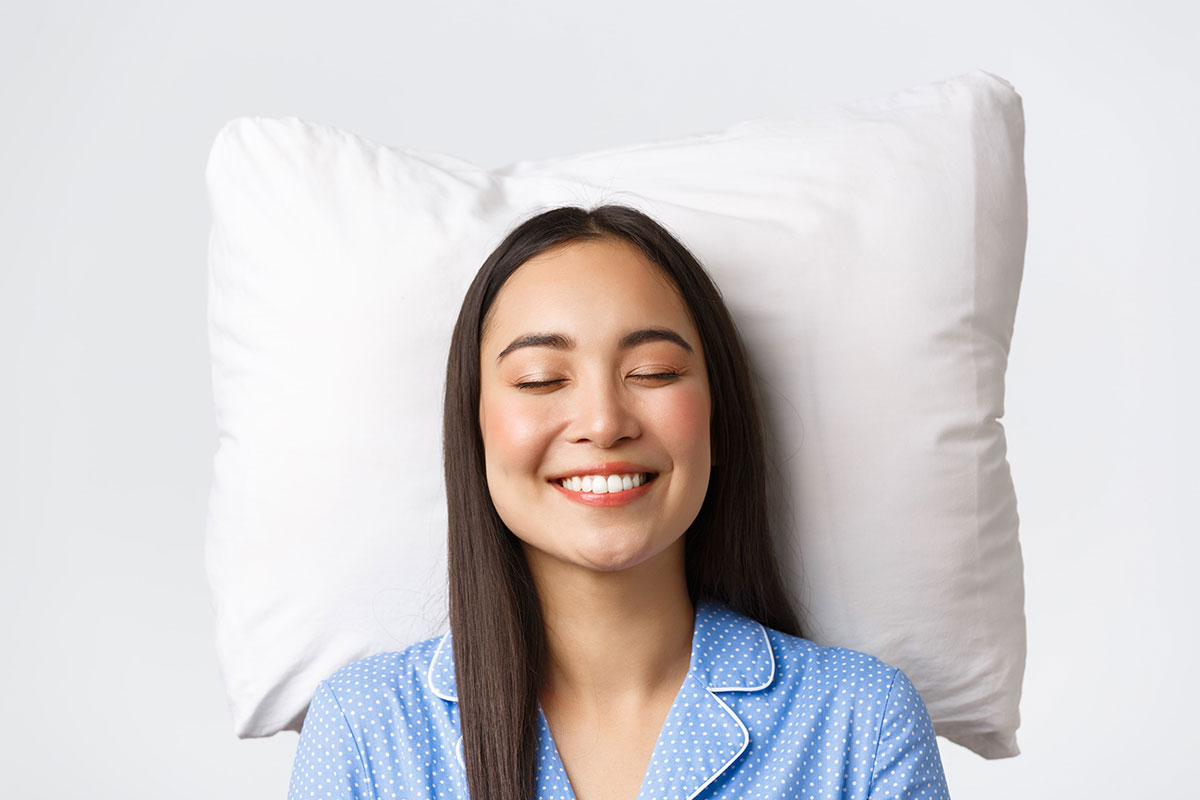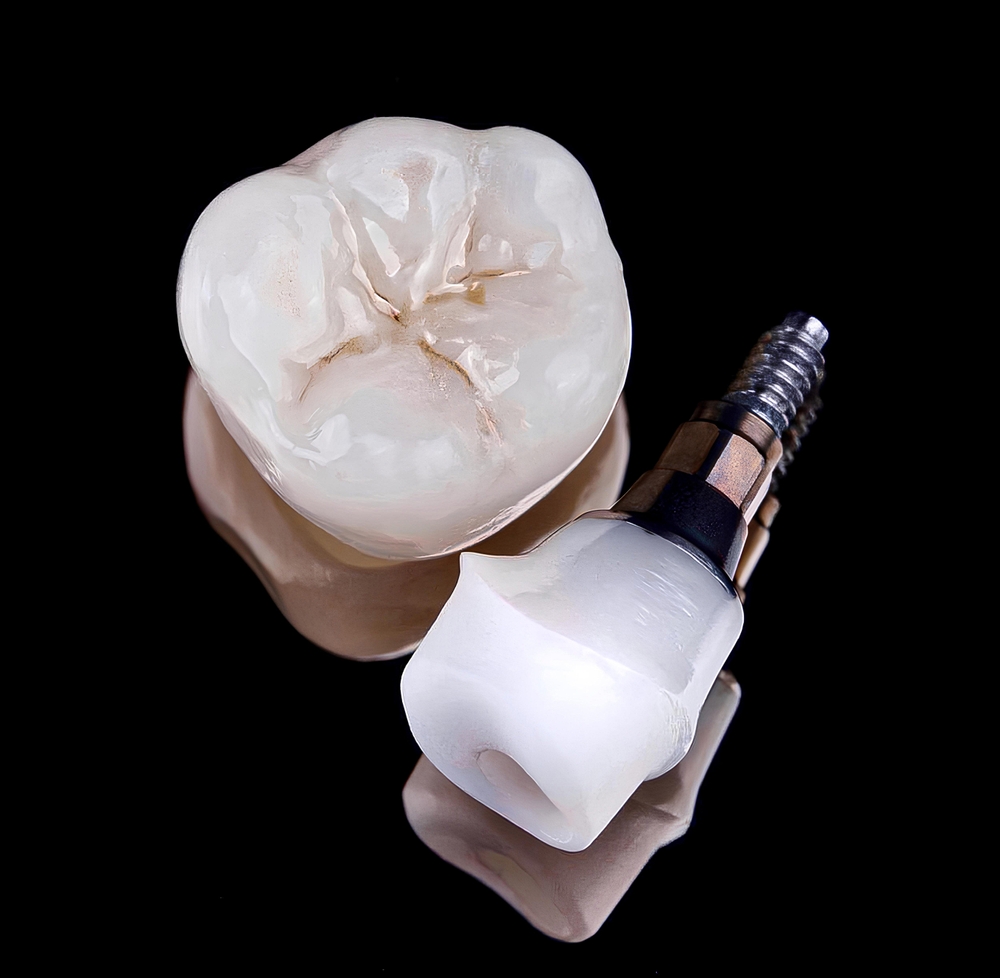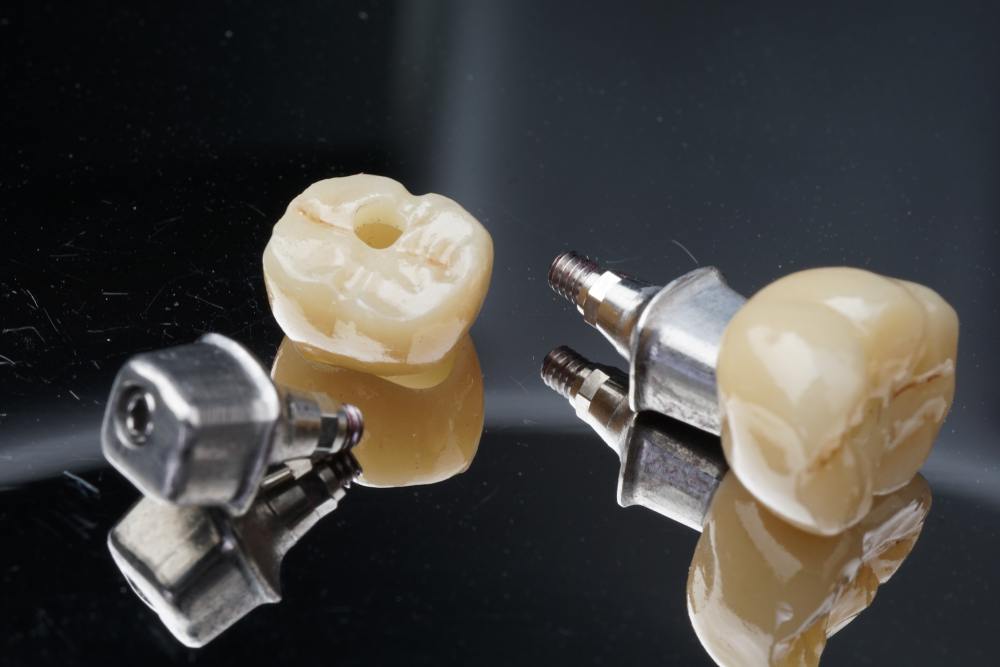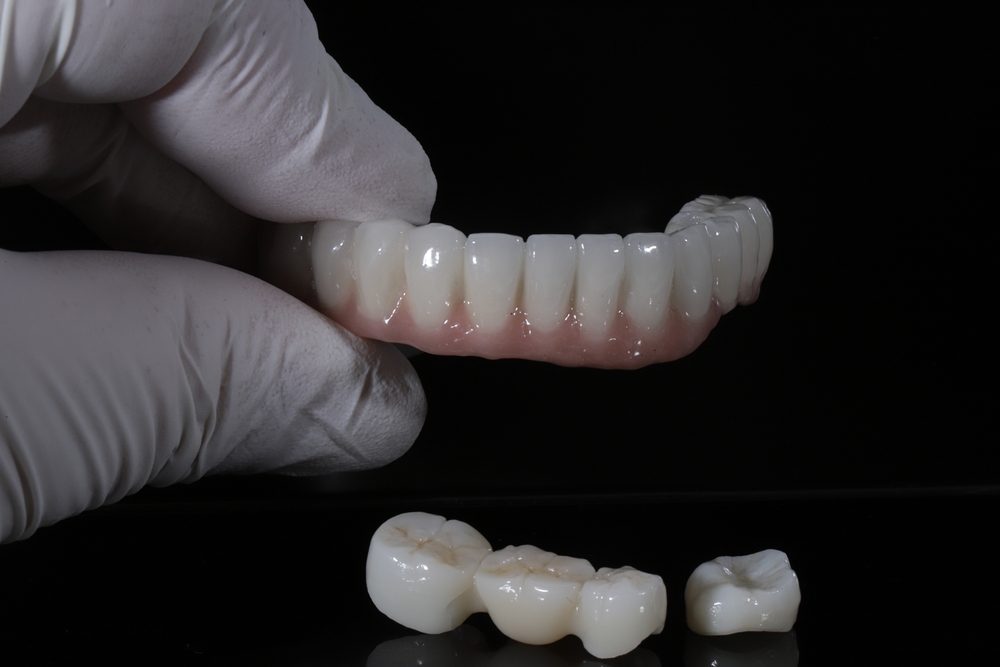Sleep apnea and snoring are common sleep disorders that can significantly impact an individual’s quality of life and overall health. While continuous positive airway pressure (CPAP) therapy has been the gold standard for treating sleep apnea, it may not be suitable for all patients due to various reasons. Fortunately, dental labs play a crucial role in offering alternative treatments that can effectively address these sleep-related issues. In this blog, we will explore how dental labs contribute to the management of sleep apnea and snoring, offering patients better sleep and improved well-being.
Understanding Sleep Apnea and Snoring

Obstructive sleep apnea (OSA) is a common sleep disorder characterized by repeated partial or complete blockage of the upper airway during sleep. This obstruction leads to disrupted breathing and frequent pauses in airflow, resulting in a temporary reduction or cessation of breathing. These breathing pauses, known as apneas, can last for several seconds to minutes and may occur multiple times throughout the night. This disruption in breathing can lead to frequent awakenings, chronic fatigue, daytime sleepiness, and various health complications.
The obstruction in the upper airway during sleep is primarily caused by the relaxation and collapse of soft tissues in the throat, including the tongue, tonsils, and soft palate. Snoring is also caused by the narrowing of the airway during sleep, leading to vibrations in the throat tissues as air passes through. While snoring itself may not be harmful, it can be a symptom of underlying sleep apnea.
Role of Dental Labs in Sleep Apnea and Snoring Treatment
Dentists play a significant role in the treatment of sleep apnea and snoring through the use of custom oral appliances. Once the oral appliance is ready, dentists fit and adjust it as needed to ensure a proper fit and function. This collaborative approach between dentists and dental labs has revolutionized the treatment of sleep apnea and snoring, providing patients with non-invasive and highly effective alternatives to traditional therapies like CPAP machines. For dental labs, this means playing a vital role in helping patients with sleep apnea and snoring by providing custom, precision-crafted oral appliances that significantly improve sleep quality and overall well-being.
Let’s take a closer look at the various roles of dental labs in sleep apnea and snoring treatment:
Fabrication of Custom Oral Appliances:

Dental labs play a pivotal role in the fabrication of custom oral appliances, also known as mandibular advancement devices (MADs) or mandibular repositioning devices (MRDs). These devices are designed to advance the lower jaw slightly forward, helping to keep the airway open during sleep. By doing so, they can effectively treat mild to moderate obstructive sleep apnea and alleviate snoring.
Precision and Personalization of Oral Appliances:
One of the key advantages of dental labs’ involvement in sleep apnea and snoring treatment is the precision and personalization they offer. Each oral appliance is custom-made to fit an individual patient’s dental structure. After a thorough evaluation, dentists take precise impressions of the patient’s dental structure, which are then sent to dental labs for the fabrication of custom oral appliances. Dental labs use advanced technology and materials to create tailor-made devices that ensure optimal comfort and effectiveness for each patient.
Collaboration with Sleep Specialists:
Dental labs collaborate with sleep specialists and dentists to create an interdisciplinary approach to sleep disorder treatment. By working together, these professionals can accurately diagnose and assess each patient’s condition, determining the most suitable oral appliance for their specific needs.
Follow-up and Adjustments:
Dental labs remain actively involved even after the initial appliance is delivered to the patient. They help with follow-up appointments to assess the effectiveness of the device and make any necessary adjustments. Regular follow-ups ensure that the oral appliance remains effective and comfortable for the patient.
Non-Invasive Alternative to CPAP:
For patients who cannot tolerate CPAP therapy or prefer a non-invasive treatment option, custom oral appliances provide a practical and effective alternative. These devices are discreet, portable, and easy to use, making them a popular choice among patients with mild to moderate sleep apnea or snoring.
In Conclusion
Sleep apnea and snoring are serious sleep disorders that require proper management to improve sleep quality and overall health. Dental labs play a critical role in providing effective treatment options through custom oral appliances. By collaborating with sleep specialists and dentists, dental labs ensure the precise fit and personalized care required for each patient. With their support, patients can find relief from sleep apnea and snoring, enjoying better sleep and enhanced well-being.




